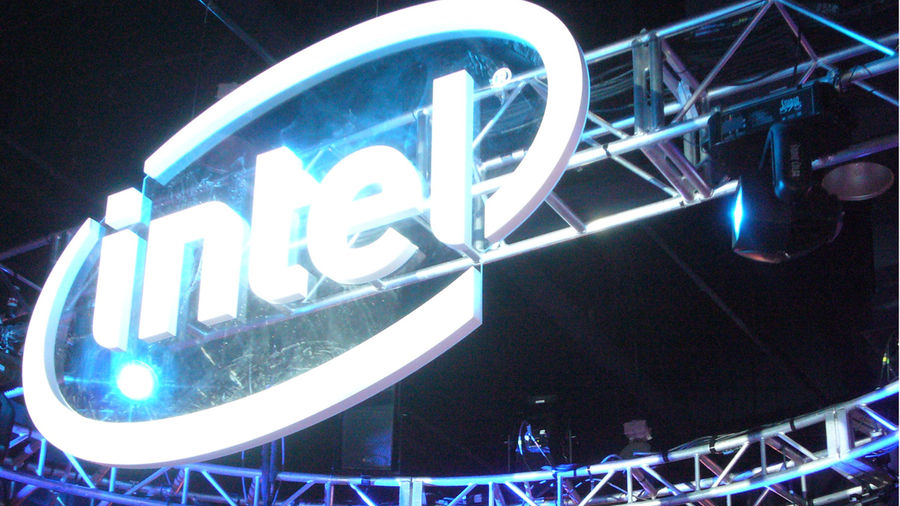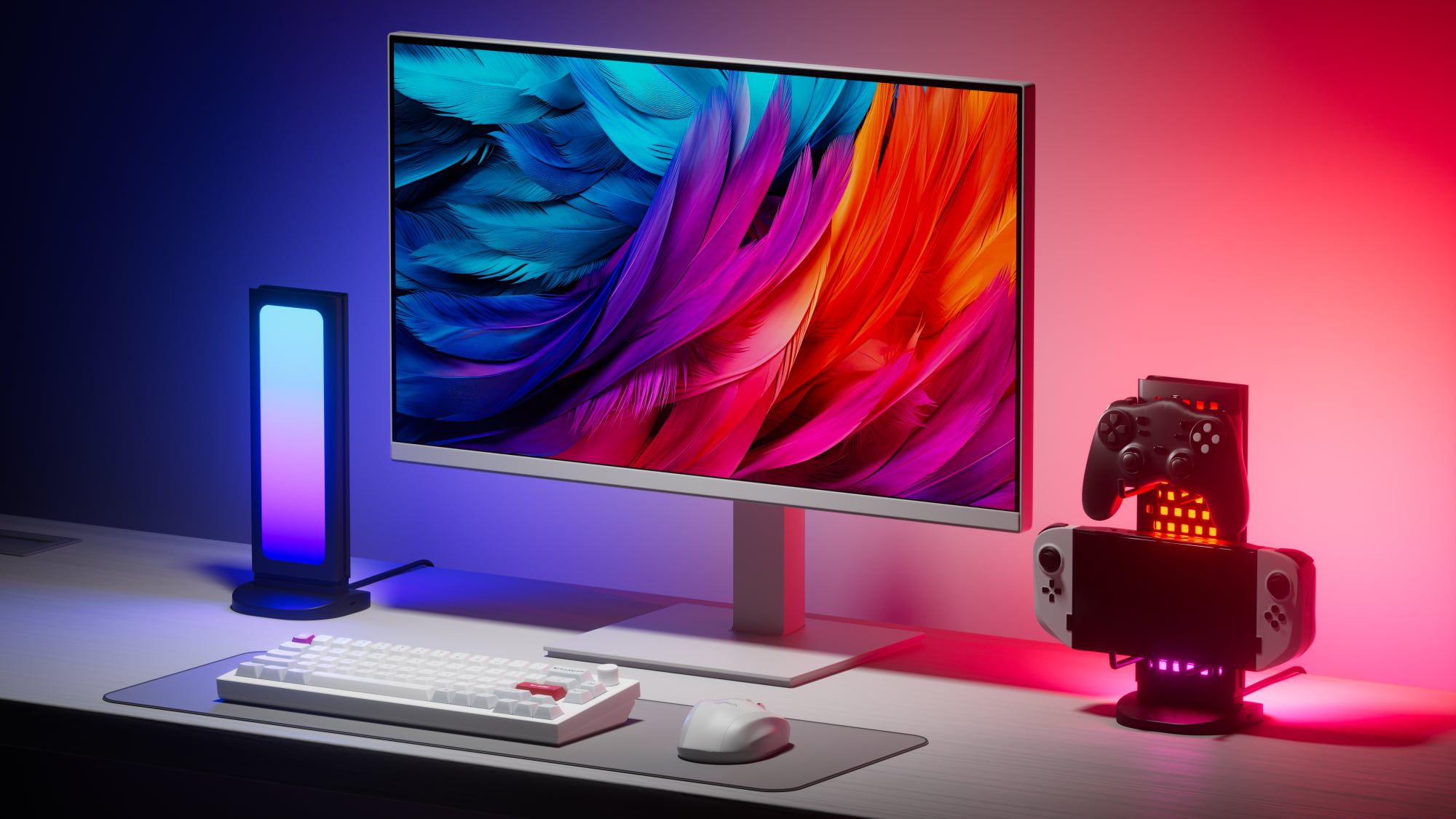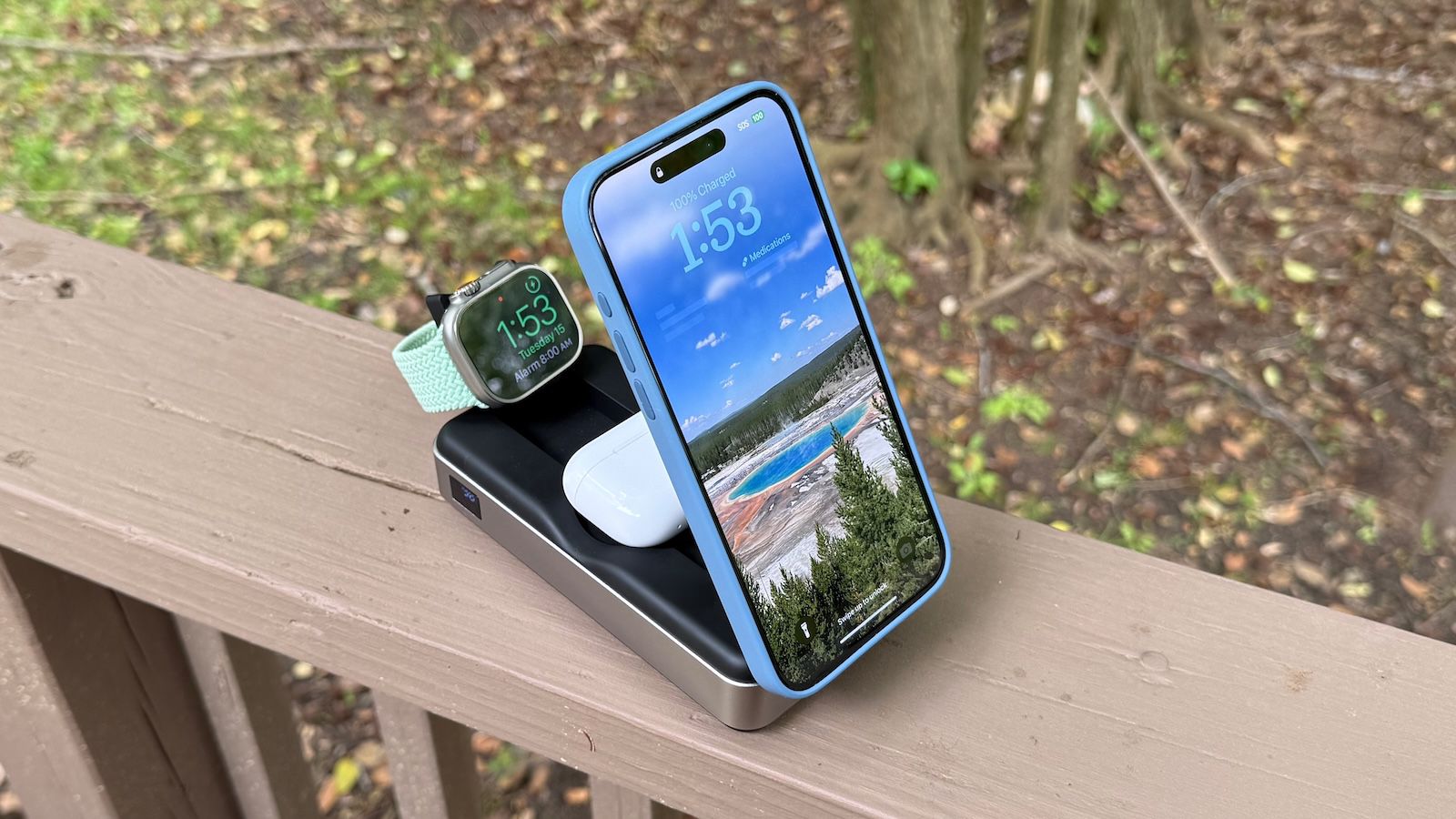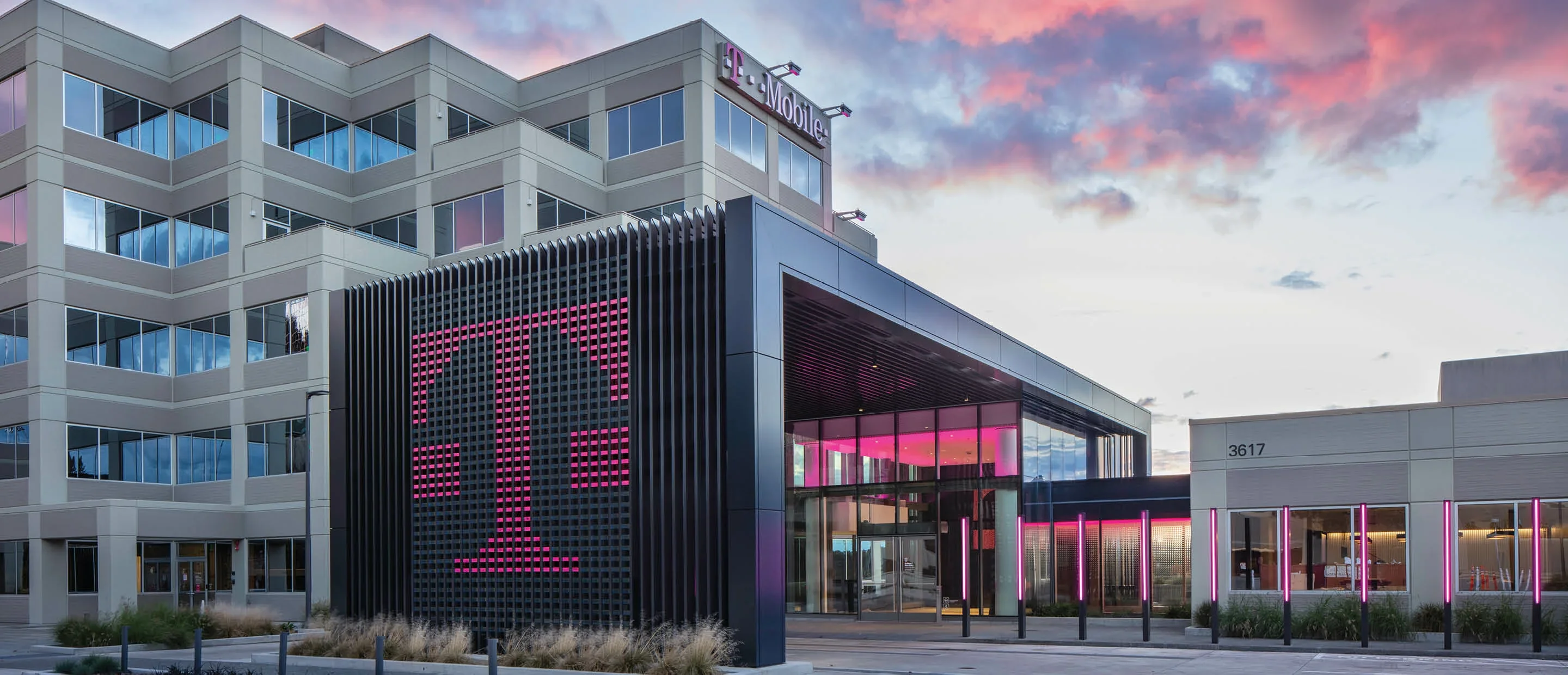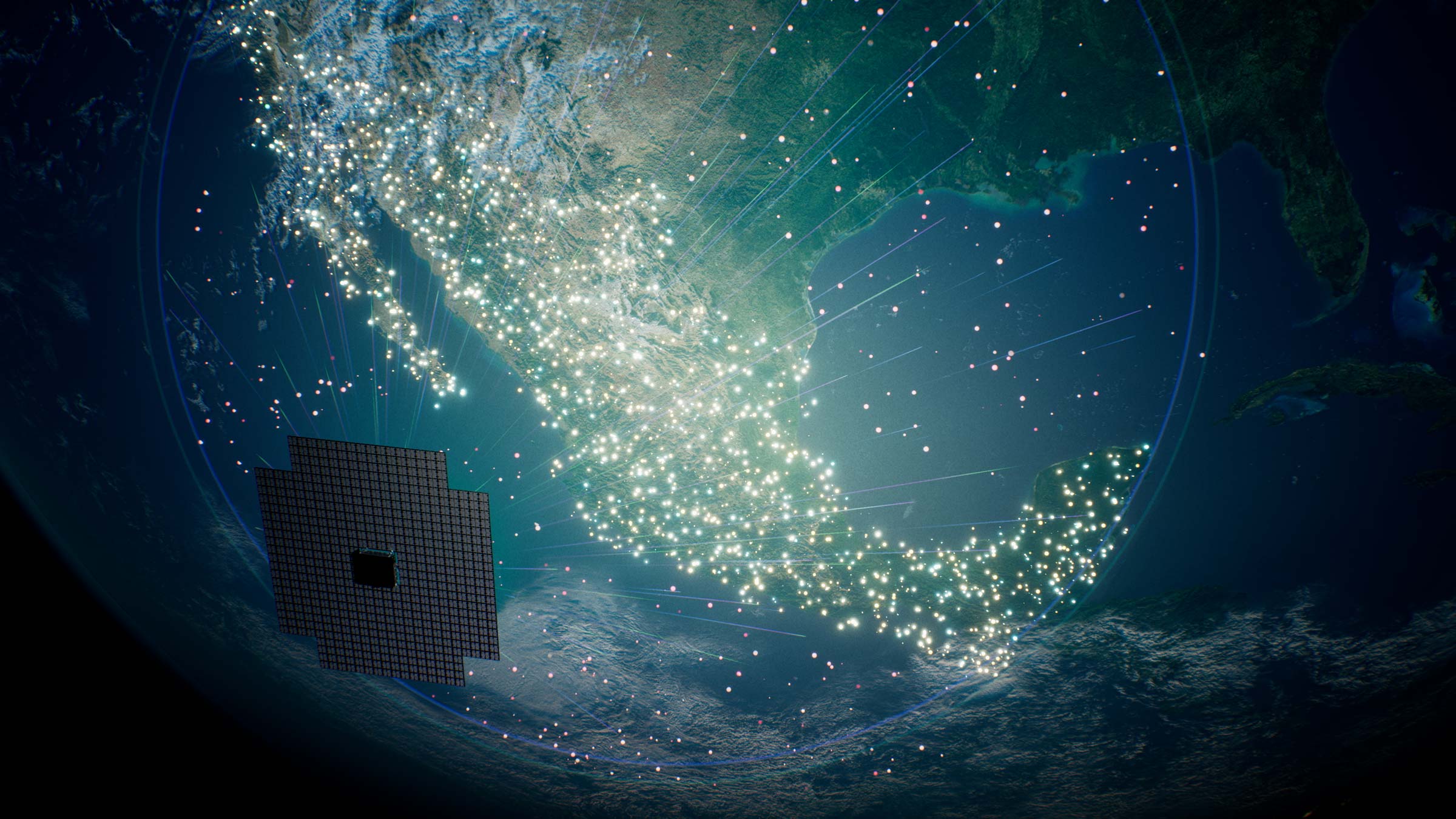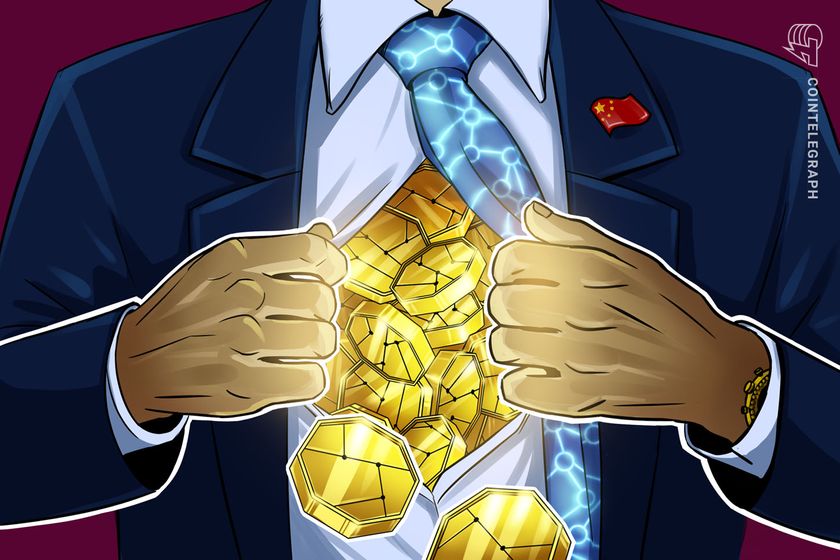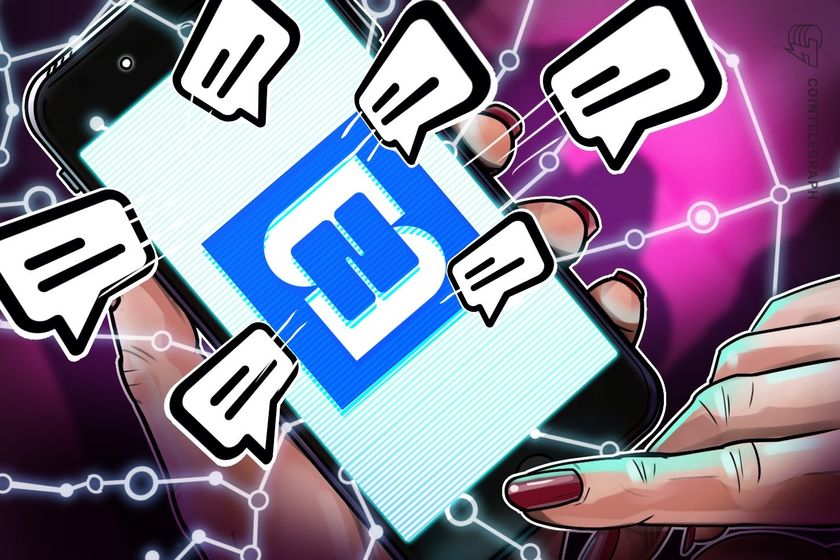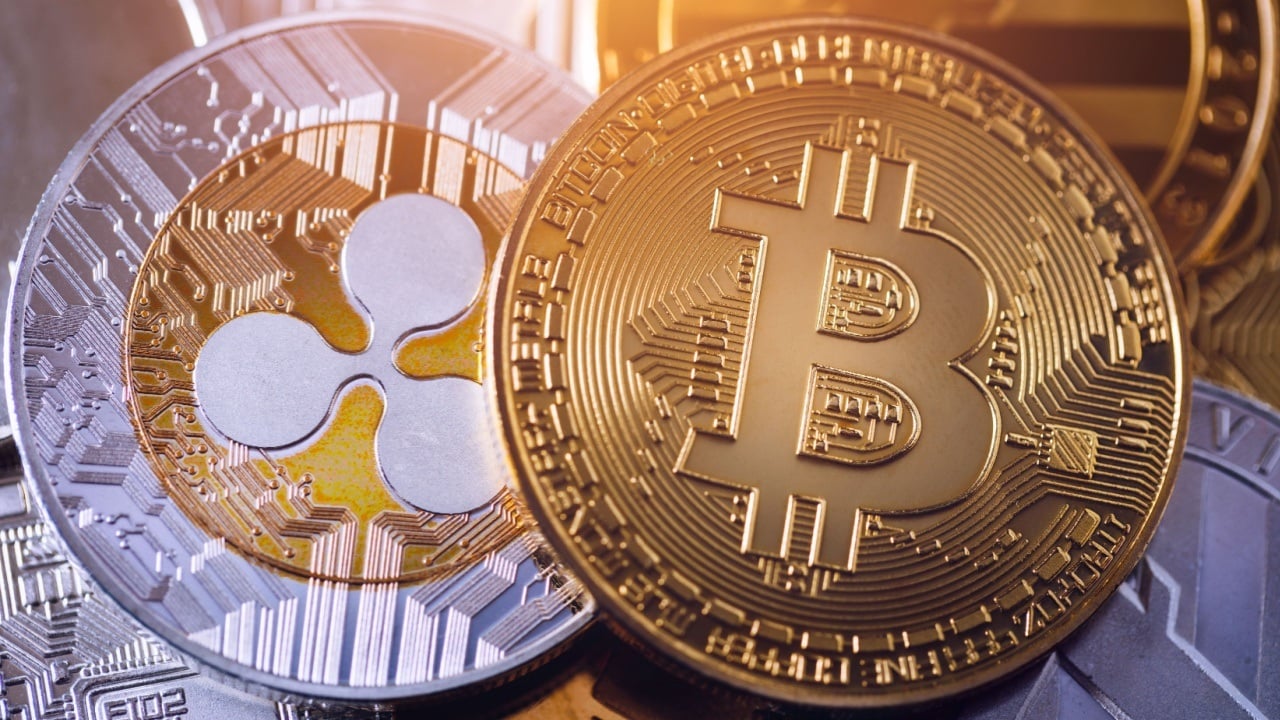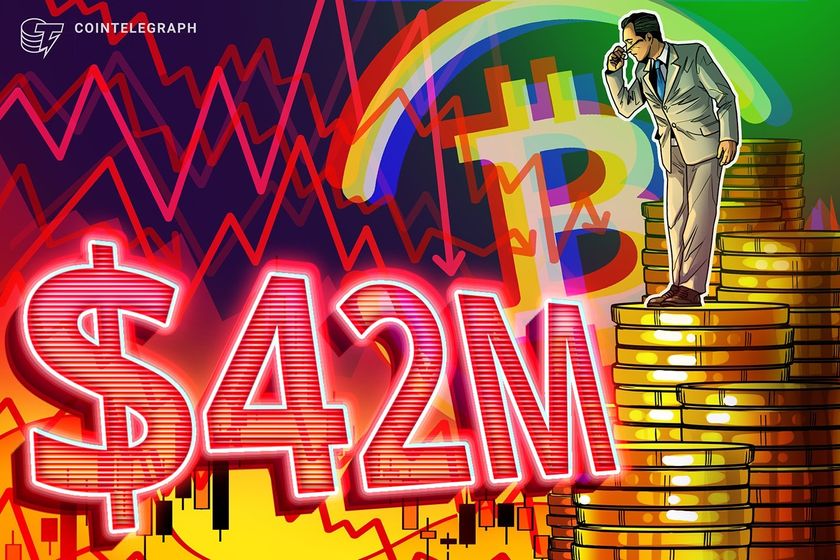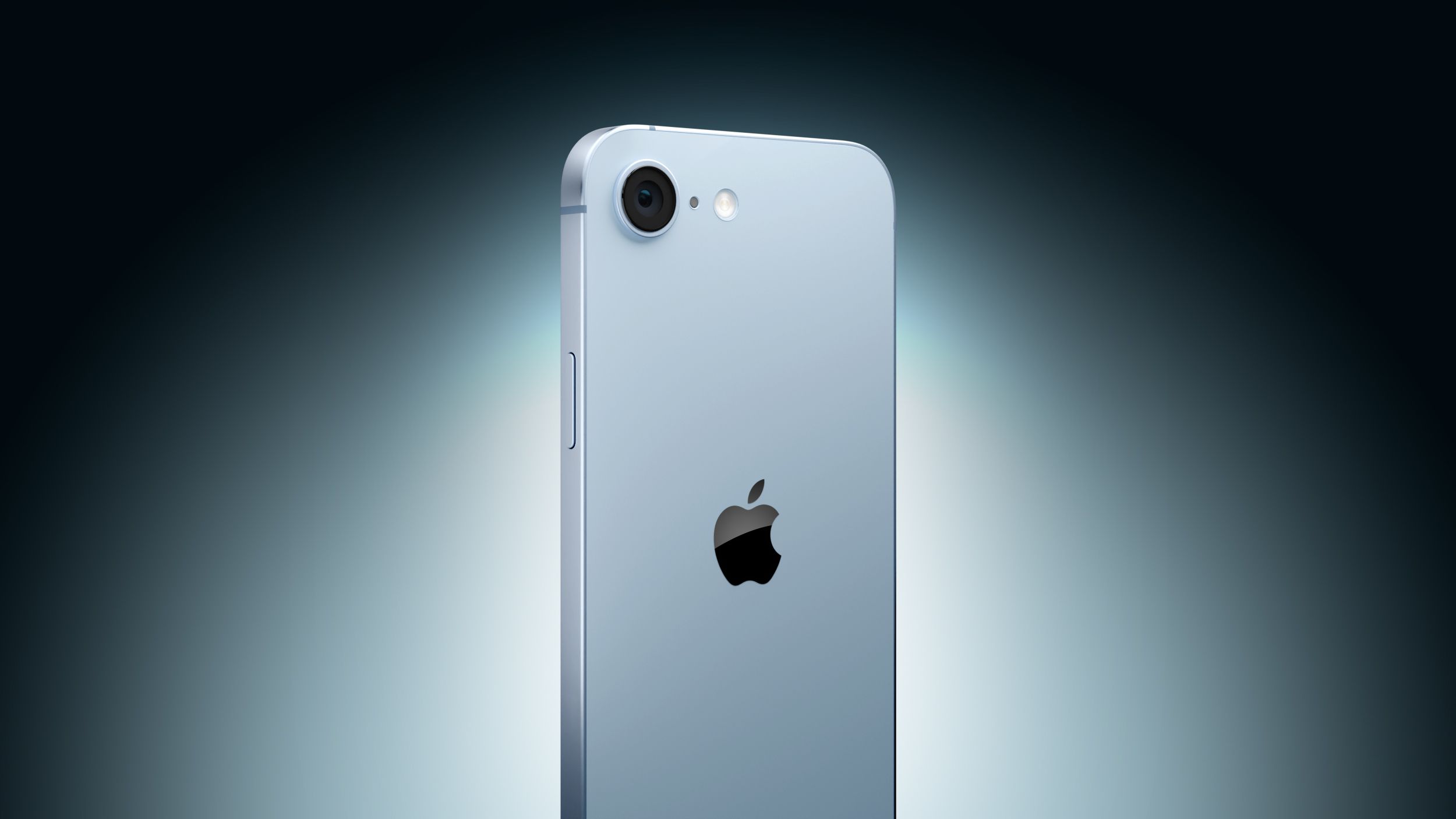Trump Believes Apple Could Manufacture iPhones in the U.S.
U.S. President Donald Trump "absolutely" believes that Apple could manufacture its iPhones and other devices in the United States, Press Secretary Karoline Leavitt said today during a media briefing. Leavitt was asked whether Trump thought that iPhone manufacturing is the kind of technology that could move to the U.S. "Absolutely, he believes we have the labor, we have the workforce, we have the resources to do it," she replied, also referencing the $500 billion investment in the U.S. that Apple announced earlier this year. "And as you know, Apple has invested $500 billion here in the United States, so if Apple didn't think the United States could do it, they probably wouldn't have put up that big chunk of change." Trump is planning to levy steep tariffs on China, Vietnam, Thailand India, the European Union, and other countries starting on April 9. He has claimed that if companies like Apple do not want to pay the tariffs, they should manufacture their devices in the United States. Despite Trump's suggestion that Apple could shift its incredibly complex supply chain to the U.S., it would be next to impossible. Disregarding the expense of such a maneuver, it's not likely that Apple and its suppliers would be able to find enough people with the necessary skillset in the United States. Cook commented on manufacturing in China in 2017, and said that Apple's iPhones are assembled there because China has expertise in very advanced manufacturing. There's a confusion about China. And let me give you my opinion. The popular conception is that companies come to China because of low labor costs. I'm not sure what part of China they go to, but the truth is China stopped being the low labor cost country many years ago. The reason is because of the skill, the quantity of skill in one location, and the type of skill it is. Like the products we do require really advanced tooling, and the precision that you have to have in tooling and working with the materials we do are state of the art. And the tooling skill is very deep here. You know, in the U.S. you could have a meeting of tooling engineers, and I'm not sure we could fill the room. In China, you could fill multiple football fields. It's that vocational expertise is very deep. U.S. secretary of commerce Howard Lutnick made similar comments about iPhone manufacturing over the weekend, as 404 Media pointed out today in a piece titled "A 'US-Made iPhone' Is Pure Fantasy." Lutnick said that the "army of millions and millions of people screwing in little, little screws to make iPhones, that kind of thing is going to come to America," suggesting that neither he nor Trump understands Apple's operations. 404 Media highlights Apple's 27-page supplier list [PDF], which lists the more than 50 countries where Apple gets components from. That doesn't even count rare earth minerals that are sourced from 79 countries, and that can't be mined in the U.S. Apple could not avoid tariffs by "manufacturing" in the United States because there is no feasible way all of the iPhone's components could be made in one country. Even if we limit "manufacturing" to device assembly, and the U.S. had the skilled employees required (which it does not), cost of living and wages in the U.S. vs. wages in other countries would make the price of a U.S. iPhone astronomically higher. Apple has not yet commented on the tariffs, but the company has been stockpiling iPhones and is also planning to rely on imports from India, where tariffs are lower, to offset some of costs associated with importing devices from China. It is true that Apple announced a $500 billion investment in the United States, but Apple will be manufacturing servers for its Private Cloud Compute system, not iPhones. Servers are a low demand product that aren't customer facing. When Apple manufactured the Mac Pro in Texas during Trump's first term, it was largely a failure. Apple struggled to find local suppliers, importing components to Texas caused delays and unexpected expenses, and Apple had a hard time finding workers with the required skill. As of yesterday, Trump was planning to levy a 54 percent tariff on China, but today, he increased that by another 50 percent. Starting tomorrow, goods imported from China will be subject to a tariff of 104 percent.Tag: Donald TrumpThis article, "Trump Believes Apple Could Manufacture iPhones in the U.S." first appeared on MacRumors.comDiscuss this article in our forums


Leavitt was asked whether Trump thought that iPhone manufacturing is the kind of technology that could move to the U.S. "Absolutely, he believes we have the labor, we have the workforce, we have the resources to do it," she replied, also referencing the $500 billion investment in the U.S. that Apple announced earlier this year. "And as you know, Apple has invested $500 billion here in the United States, so if Apple didn't think the United States could do it, they probably wouldn't have put up that big chunk of change."
Trump is planning to levy steep tariffs on China, Vietnam, Thailand India, the European Union, and other countries starting on April 9. He has claimed that if companies like Apple do not want to pay the tariffs, they should manufacture their devices in the United States. Despite Trump's suggestion that Apple could shift its incredibly complex supply chain to the U.S., it would be next to impossible. Disregarding the expense of such a maneuver, it's not likely that Apple and its suppliers would be able to find enough people with the necessary skillset in the United States. Cook commented on manufacturing in China in 2017, and said that Apple's iPhones are assembled there because China has expertise in very advanced manufacturing.
There's a confusion about China. And let me give you my opinion. The popular conception is that companies come to China because of low labor costs. I'm not sure what part of China they go to, but the truth is China stopped being the low labor cost country many years ago. The reason is because of the skill, the quantity of skill in one location, and the type of skill it is.
Like the products we do require really advanced tooling, and the precision that you have to have in tooling and working with the materials we do are state of the art. And the tooling skill is very deep here. You know, in the U.S. you could have a meeting of tooling engineers, and I'm not sure we could fill the room. In China, you could fill multiple football fields. It's that vocational expertise is very deep.
U.S. secretary of commerce Howard Lutnick made similar comments about iPhone manufacturing over the weekend, as 404 Media pointed out today in a piece titled "A 'US-Made iPhone' Is Pure Fantasy." Lutnick said that the "army of millions and millions of people screwing in little, little screws to make iPhones, that kind of thing is going to come to America," suggesting that neither he nor Trump understands Apple's operations.
404 Media highlights Apple's 27-page supplier list [PDF], which lists the more than 50 countries where Apple gets components from. That doesn't even count rare earth minerals that are sourced from 79 countries, and that can't be mined in the U.S. Apple could not avoid tariffs by "manufacturing" in the United States because there is no feasible way all of the iPhone's components could be made in one country. Even if we limit "manufacturing" to device assembly, and the U.S. had the skilled employees required (which it does not), cost of living and wages in the U.S. vs. wages in other countries would make the price of a U.S. iPhone astronomically higher.
Apple has not yet commented on the tariffs, but the company has been stockpiling iPhones and is also planning to rely on imports from India, where tariffs are lower, to offset some of costs associated with importing devices from China.
It is true that Apple announced a $500 billion investment in the United States, but Apple will be manufacturing servers for its Private Cloud Compute system, not iPhones. Servers are a low demand product that aren't customer facing.
When Apple manufactured the Mac Pro in Texas during Trump's first term, it was largely a failure. Apple struggled to find local suppliers, importing components to Texas caused delays and unexpected expenses, and Apple had a hard time finding workers with the required skill.
As of yesterday, Trump was planning to levy a 54 percent tariff on China, but today, he increased that by another 50 percent. Starting tomorrow, goods imported from China will be subject to a tariff of 104 percent.
This article, "Trump Believes Apple Could Manufacture iPhones in the U.S." first appeared on MacRumors.com
Discuss this article in our forums













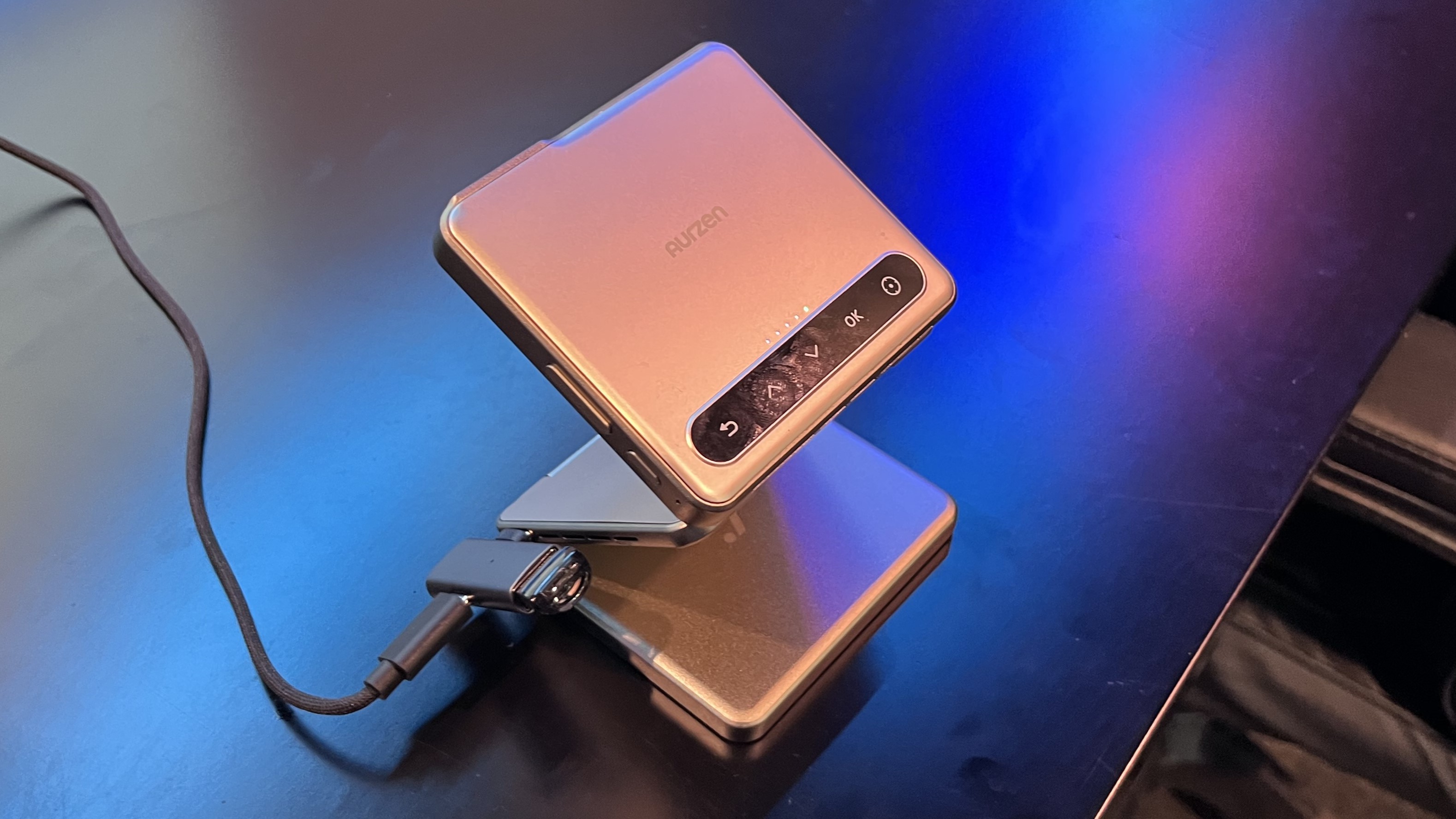







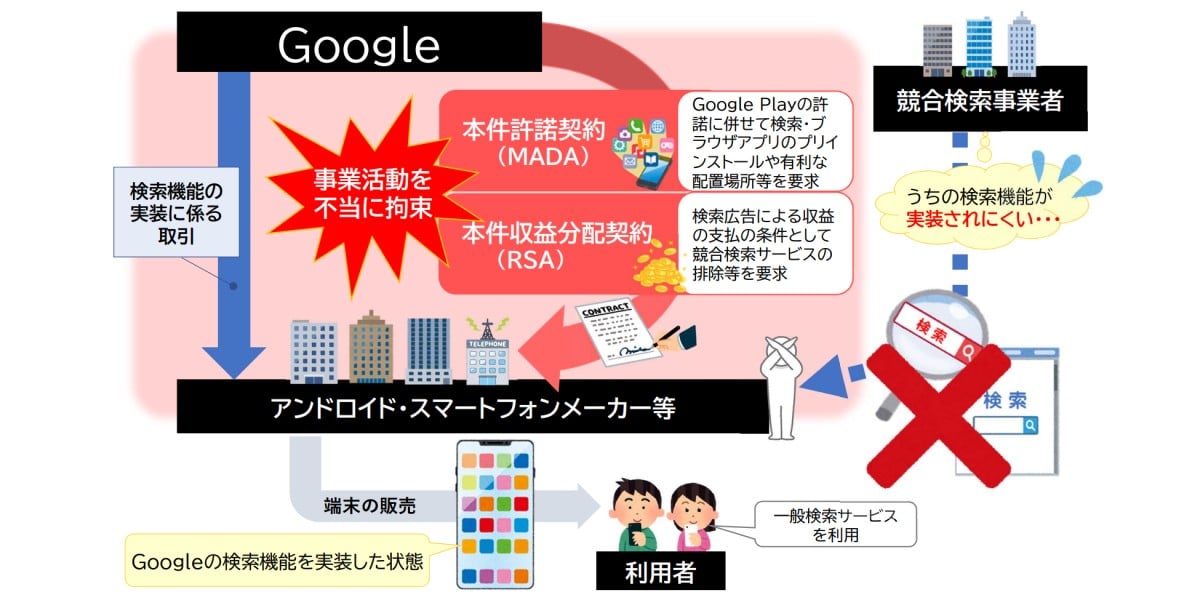
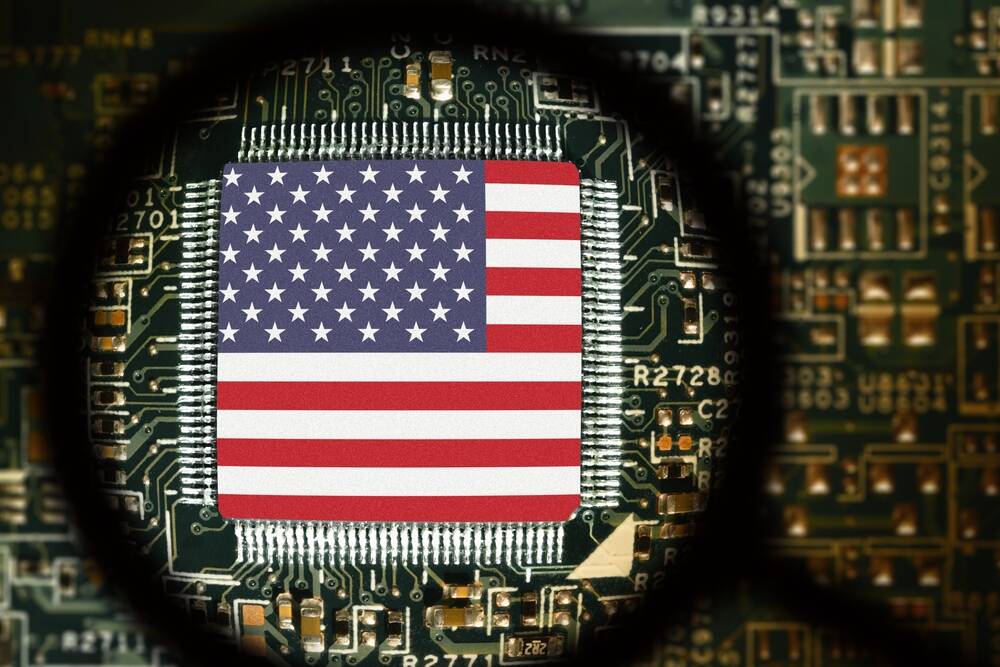



















































































































































![[The AI Show Episode 144]: ChatGPT’s New Memory, Shopify CEO’s Leaked “AI First” Memo, Google Cloud Next Releases, o3 and o4-mini Coming Soon & Llama 4’s Rocky Launch](https://www.marketingaiinstitute.com/hubfs/ep%20144%20cover.png)














































































































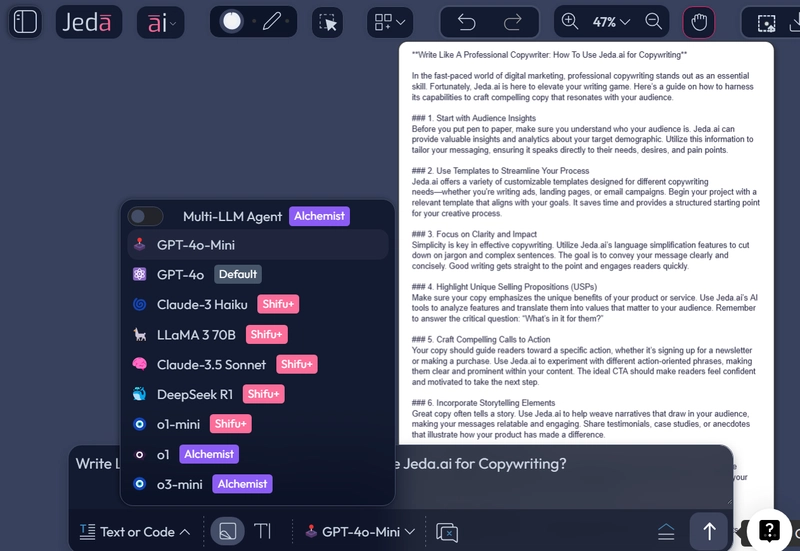























































































![Blue Archive tier list [April 2025]](https://media.pocketgamer.com/artwork/na-33404-1636469504/blue-archive-screenshot-2.jpg?#)
































.png?#)









-Baldur’s-Gate-3-The-Final-Patch---An-Animated-Short-00-03-43.png?width=1920&height=1920&fit=bounds&quality=70&format=jpg&auto=webp#)










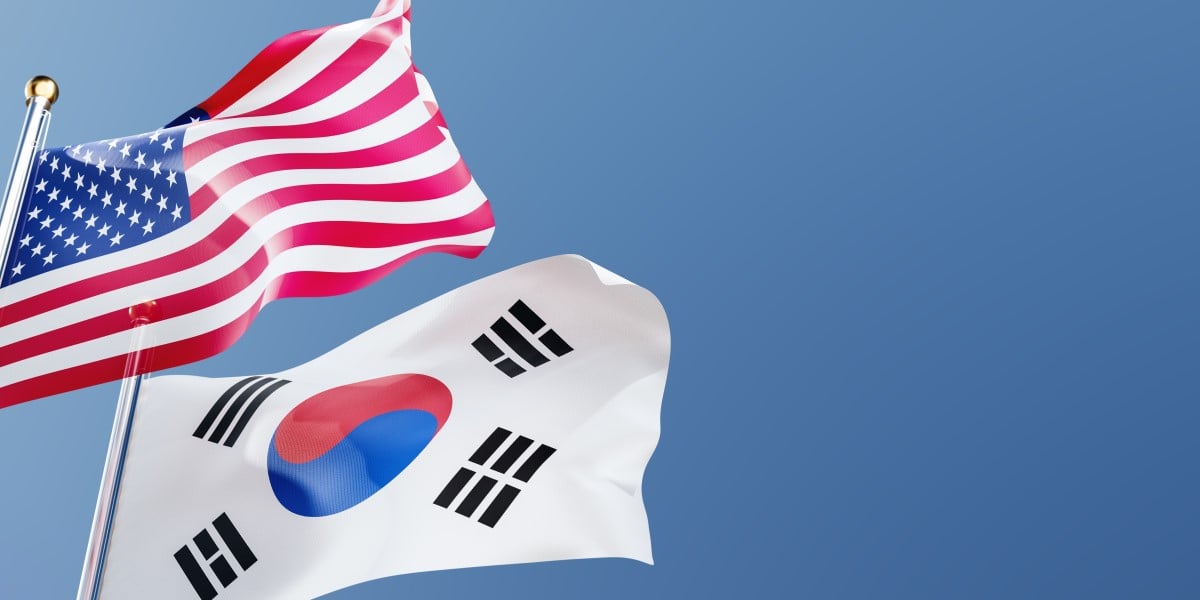














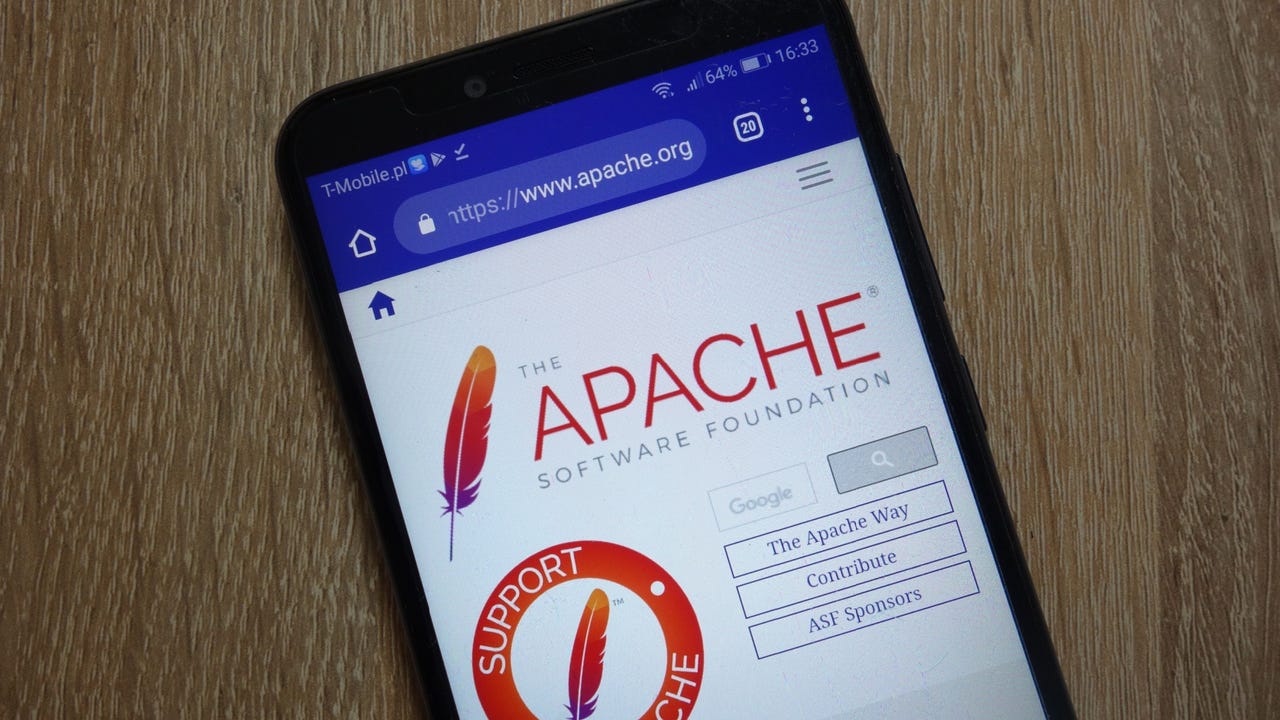





































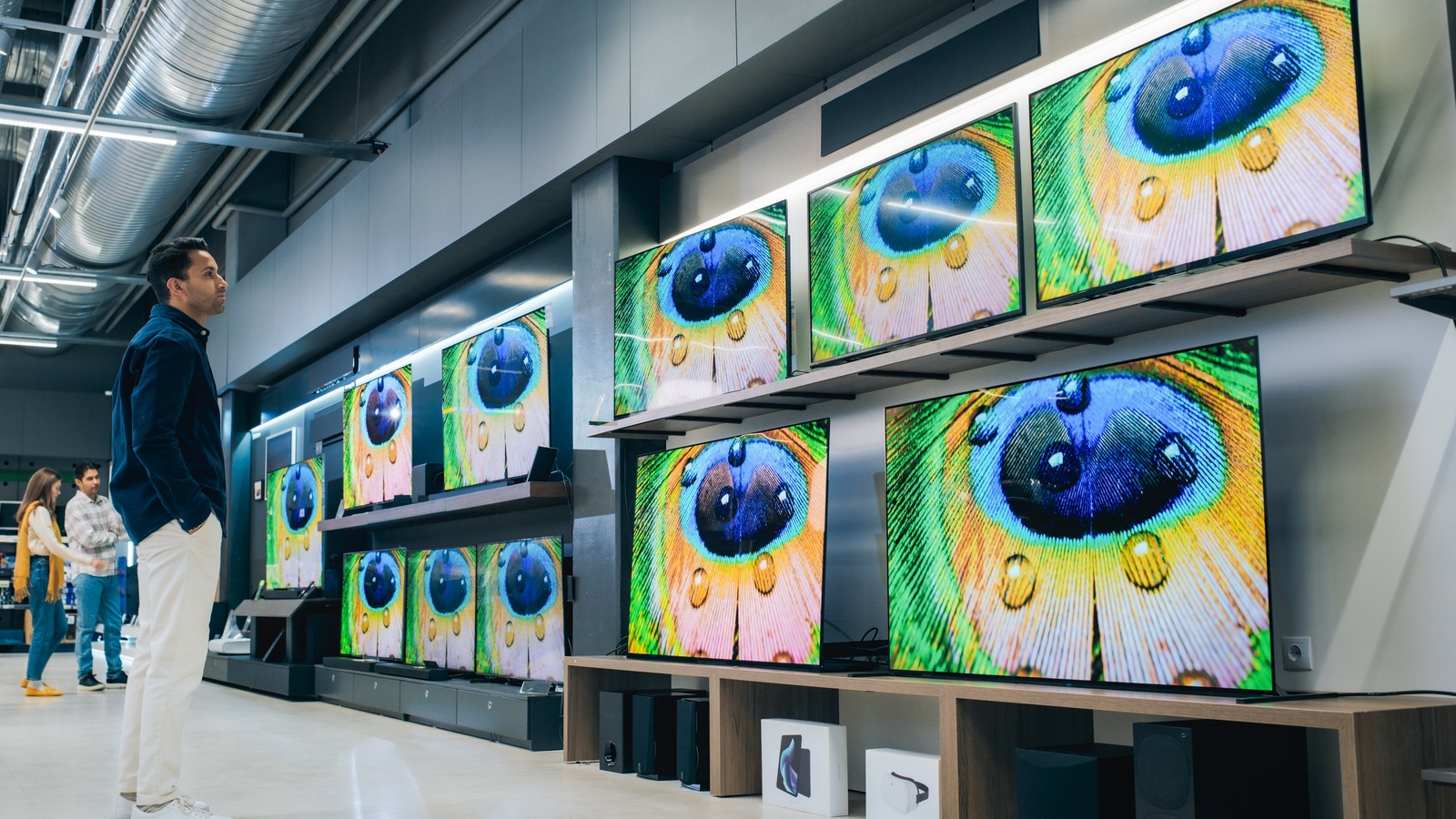
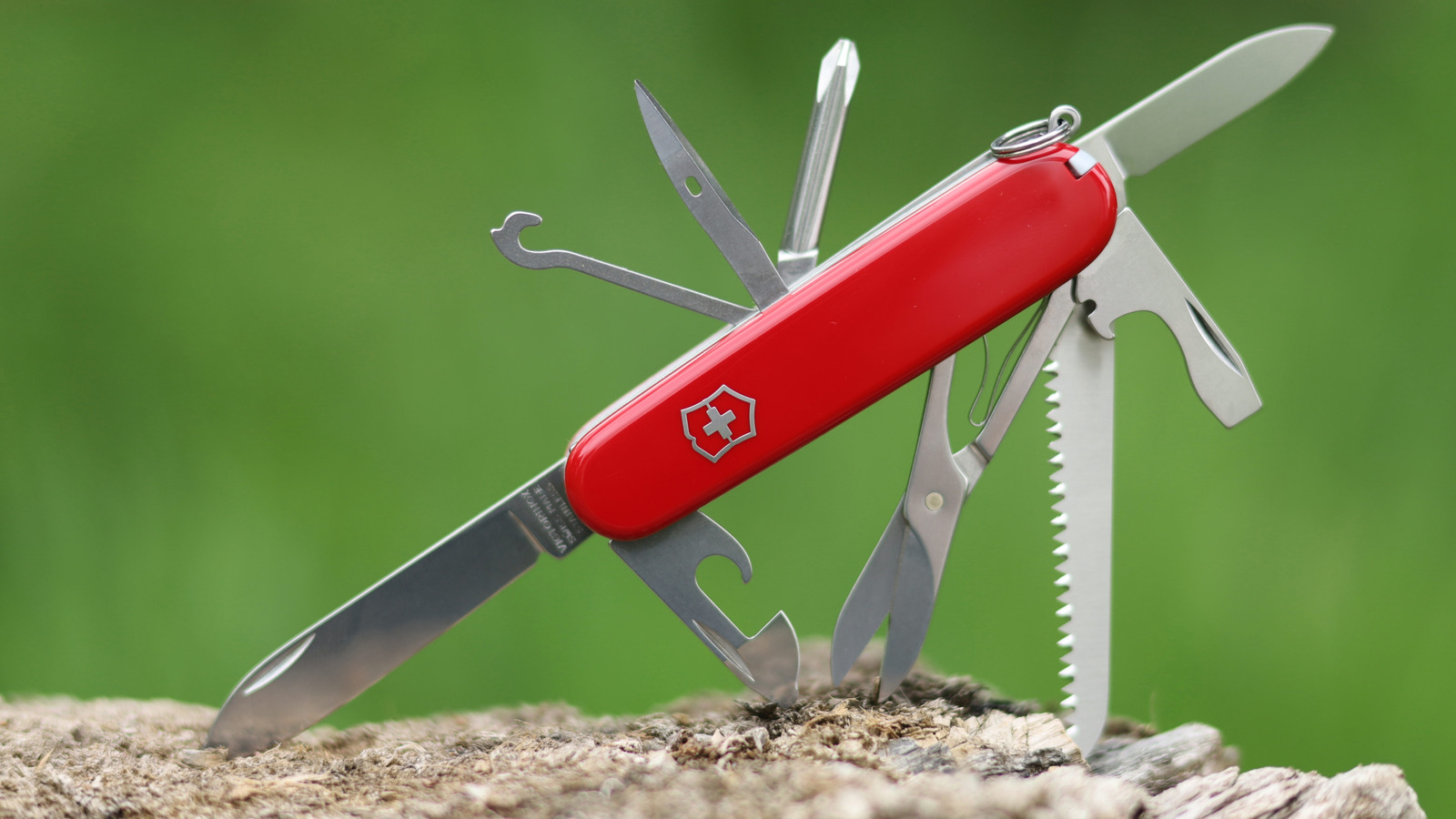

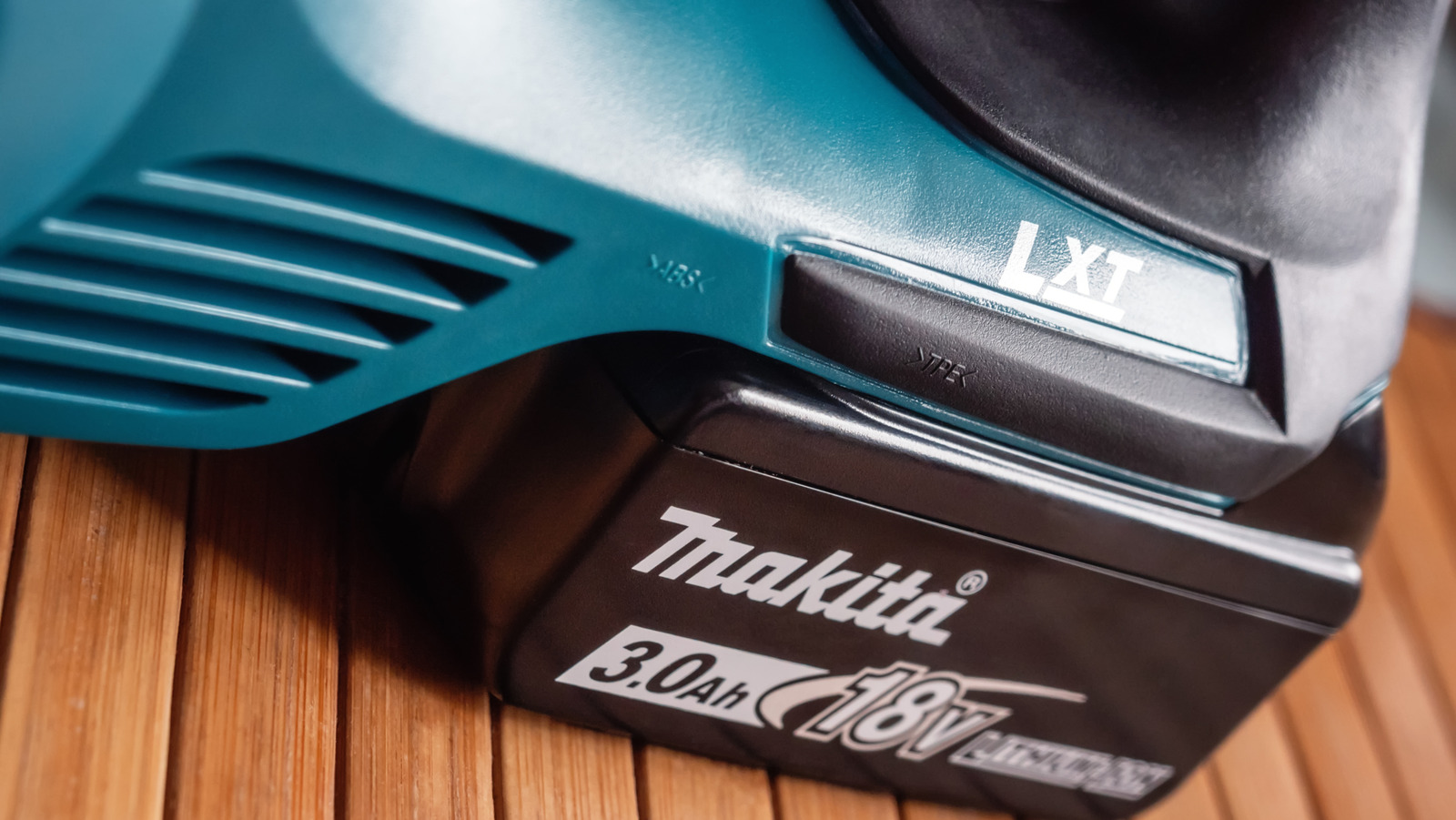












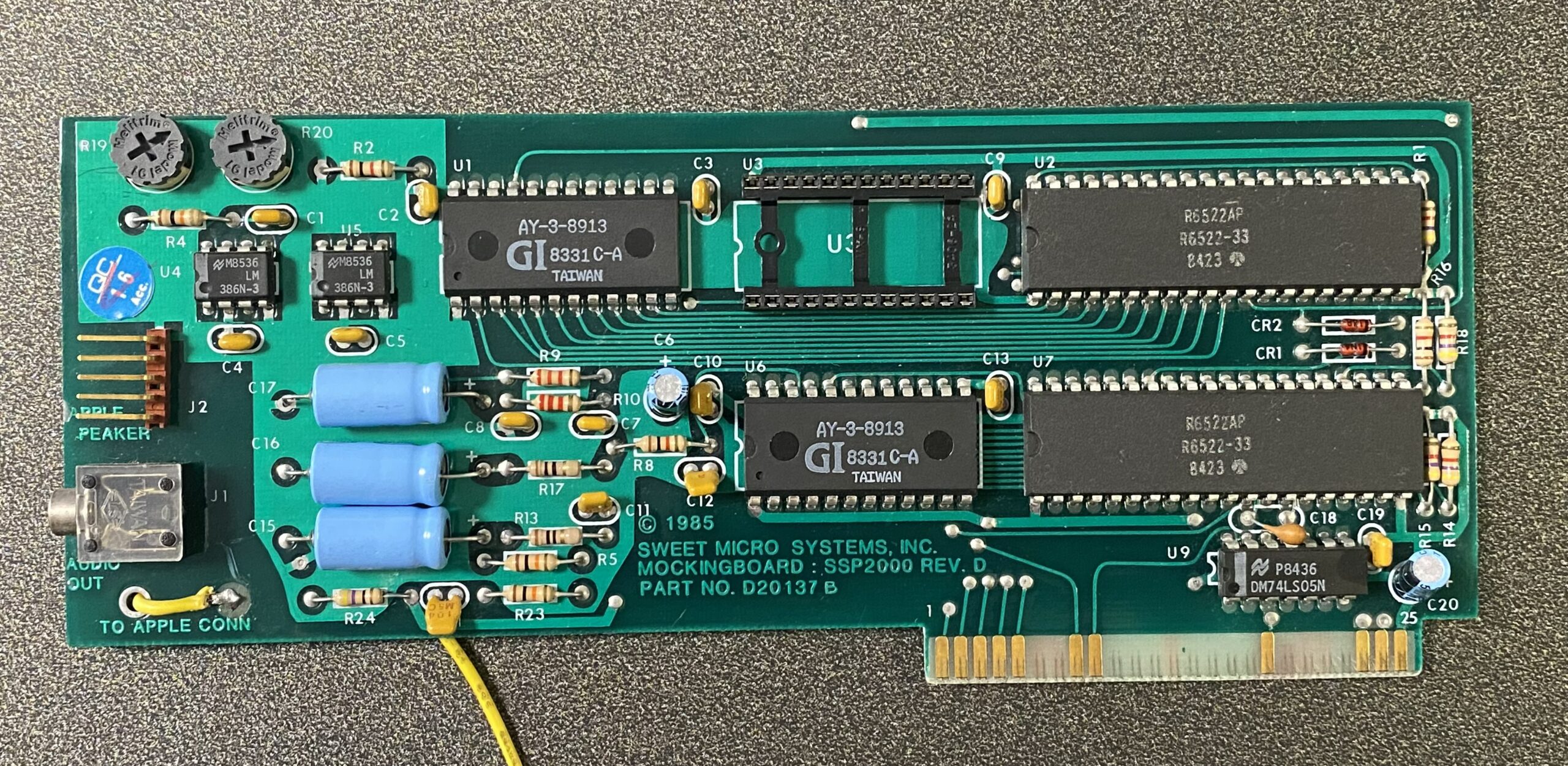
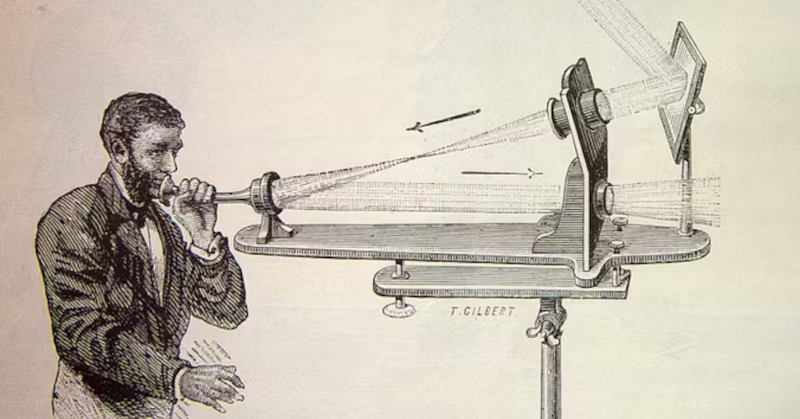
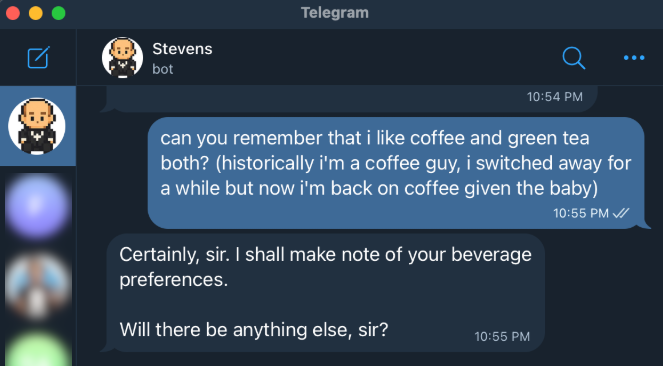
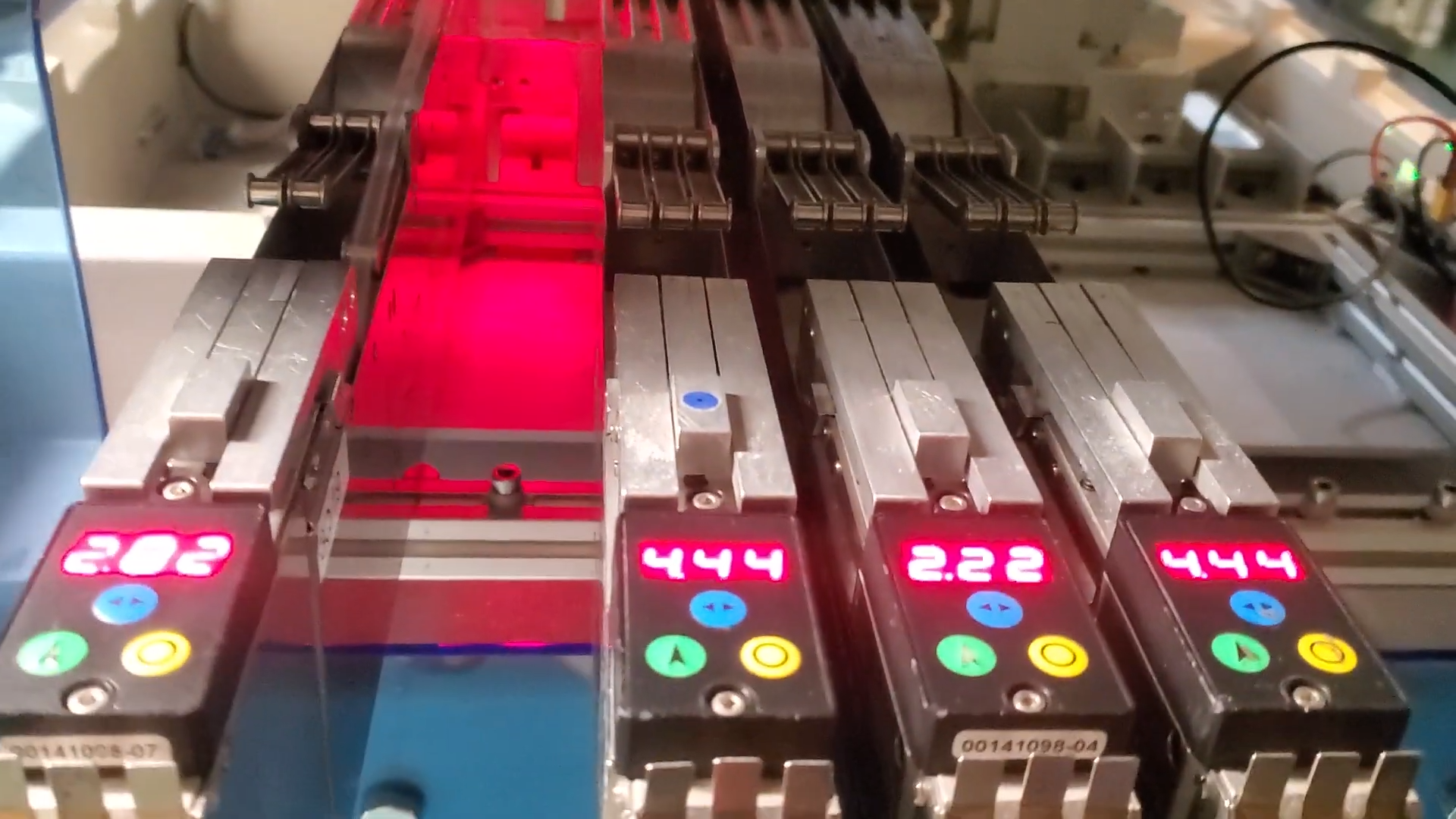



























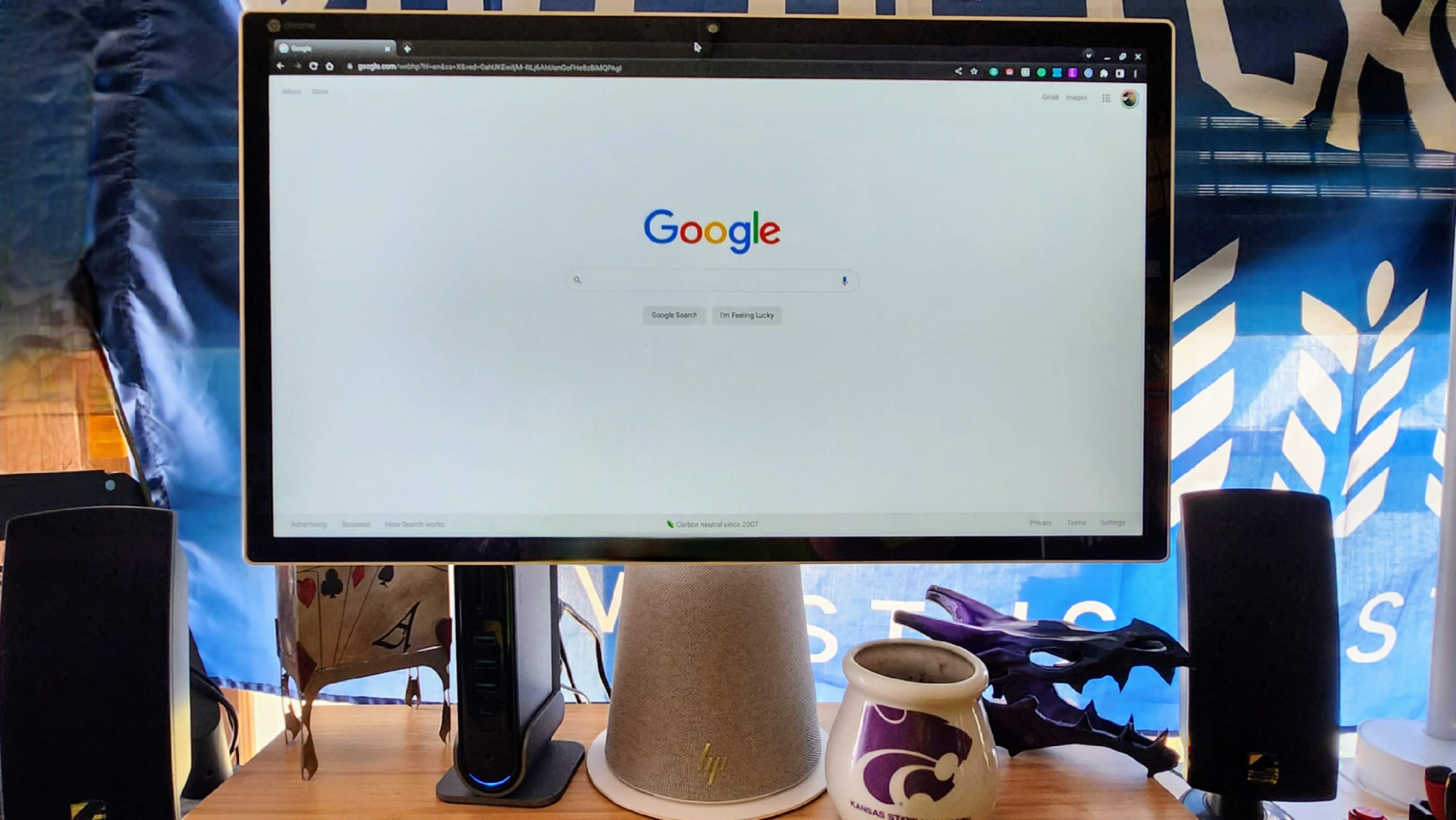
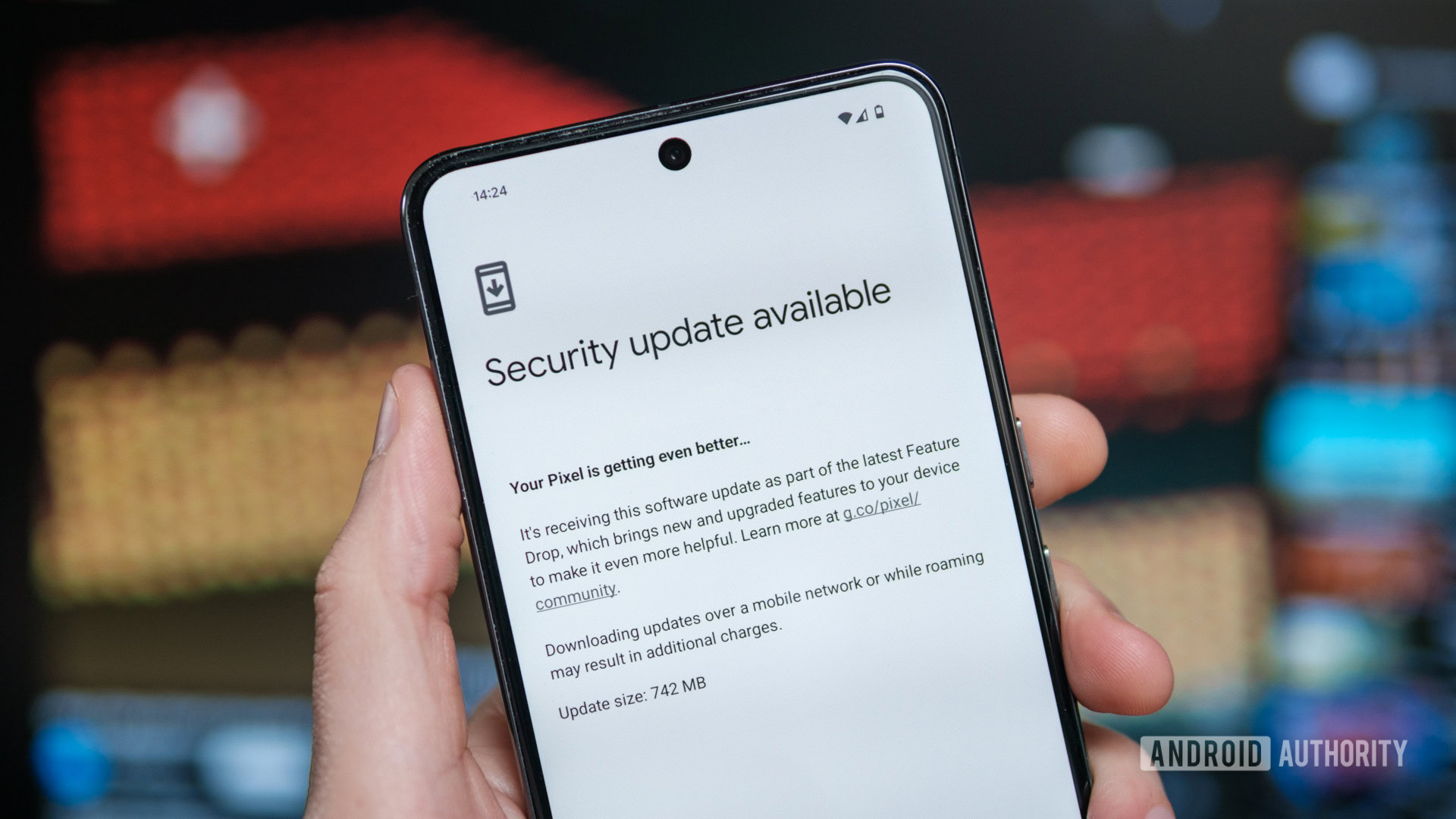
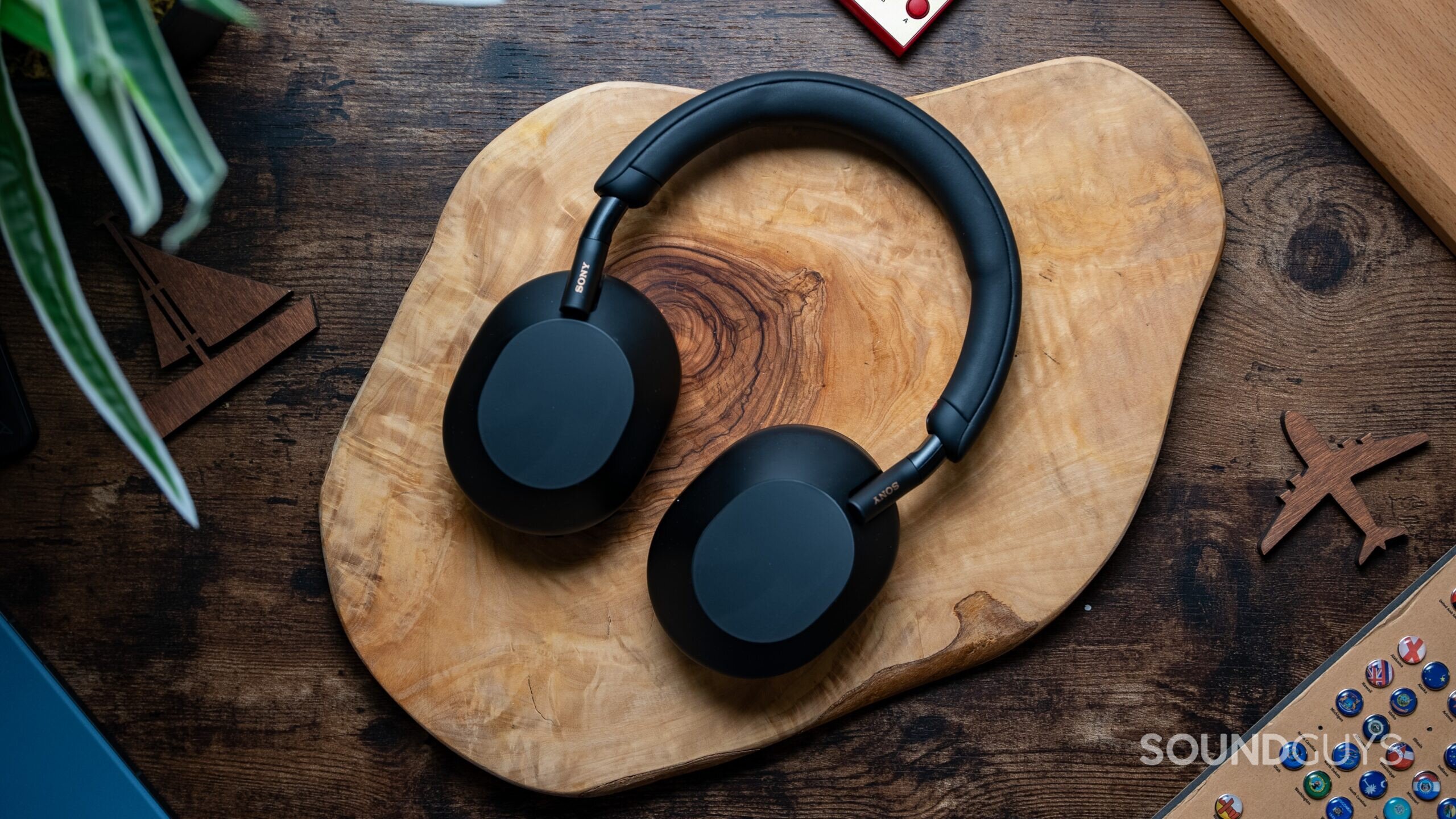
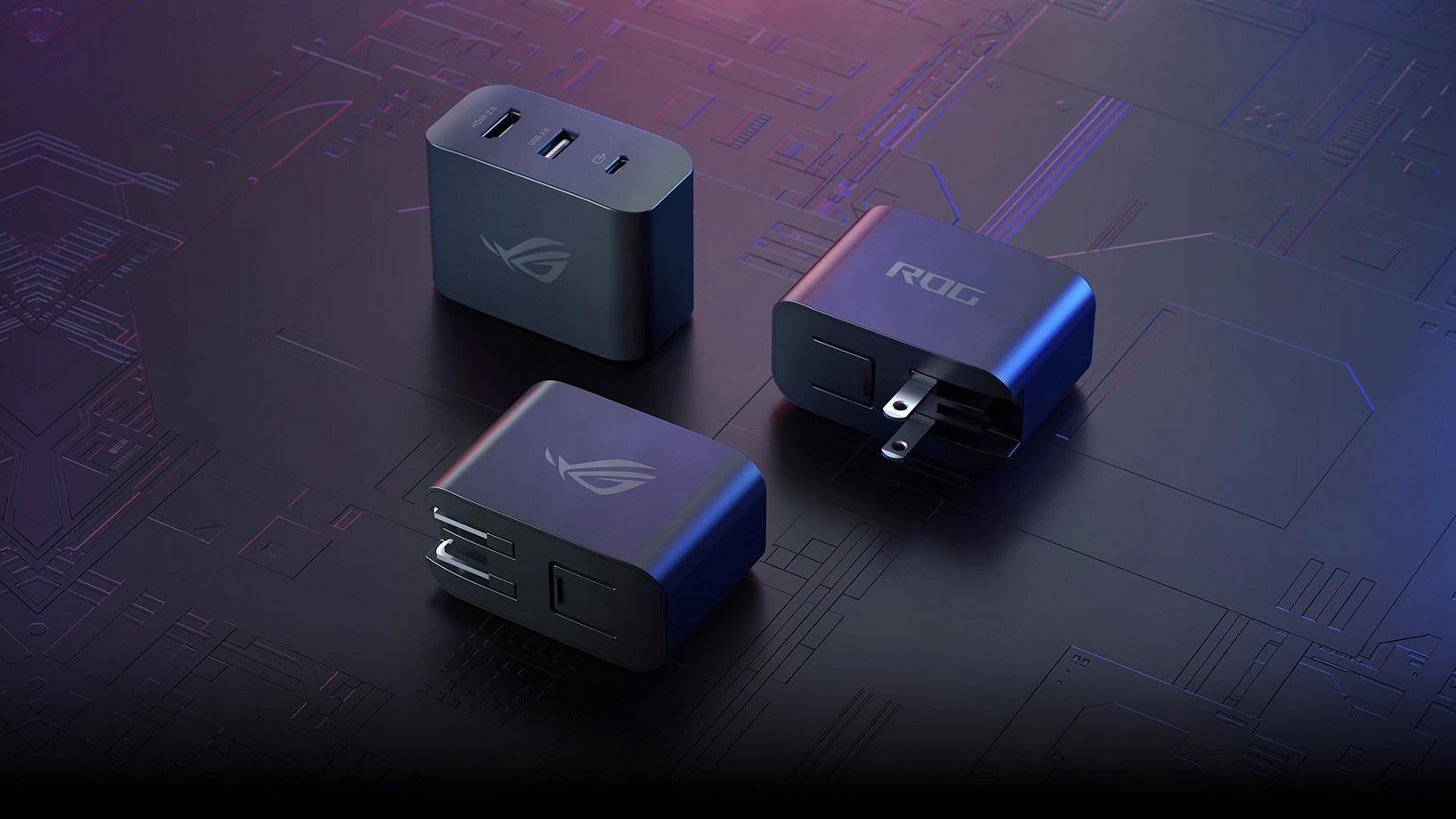















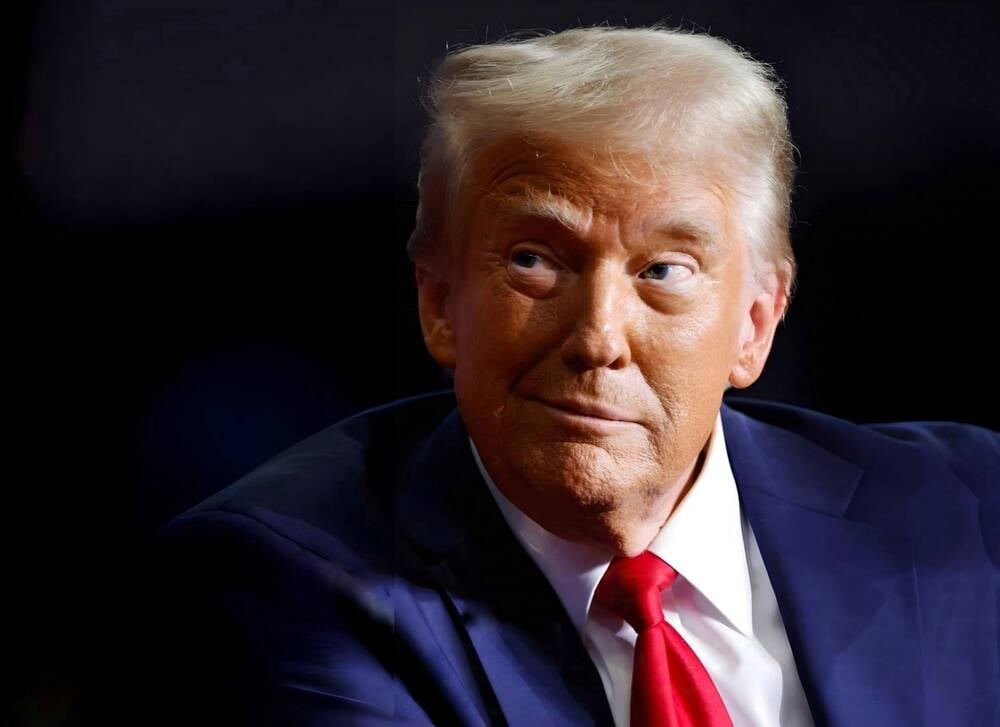

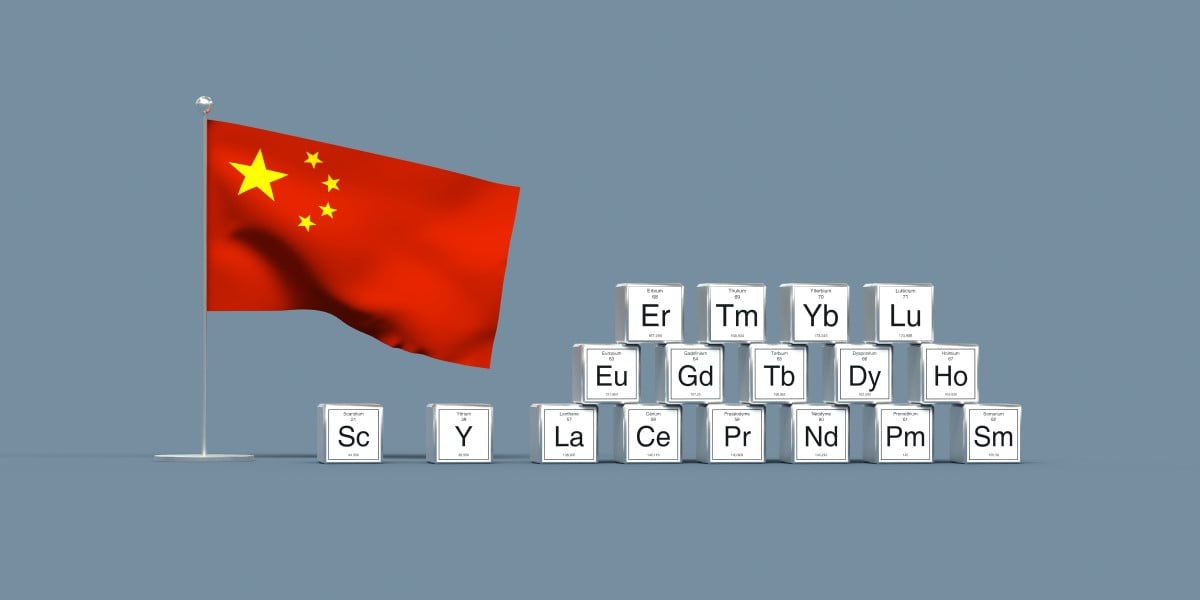
![Apple to Split Enterprise and Western Europe Roles as VP Exits [Report]](https://www.iclarified.com/images/news/97032/97032/97032-640.jpg)
![Nanoleaf Announces New Pegboard Desk Dock With Dual-Sided Lighting [Video]](https://www.iclarified.com/images/news/97030/97030/97030-640.jpg)

![Apple's Foldable iPhone May Cost Between $2100 and $2300 [Rumor]](https://www.iclarified.com/images/news/97028/97028/97028-640.jpg)
















